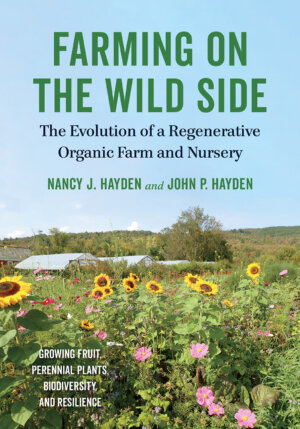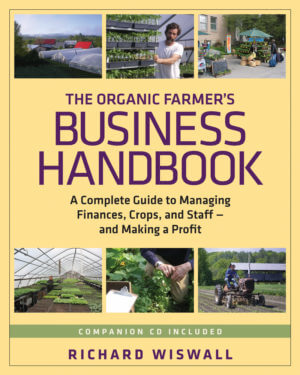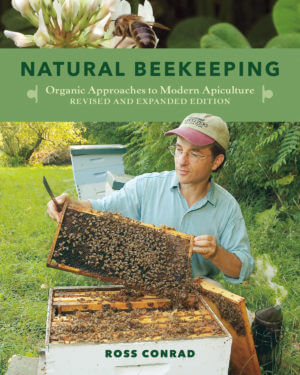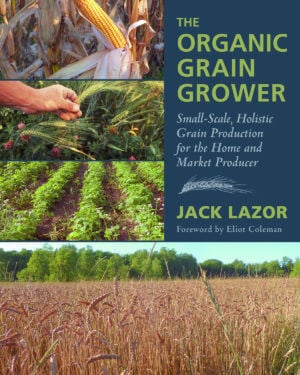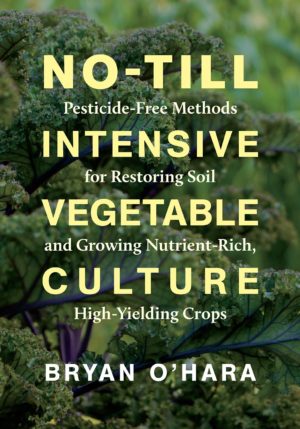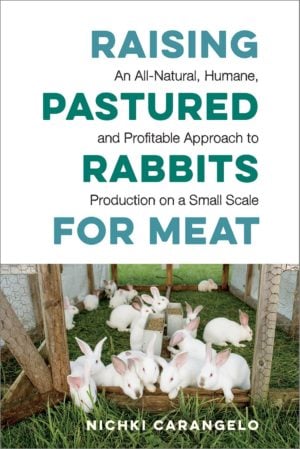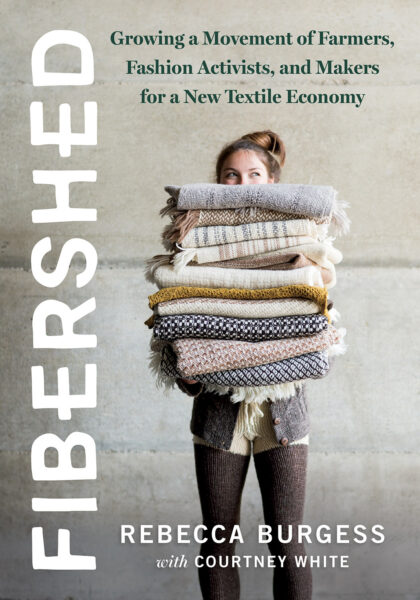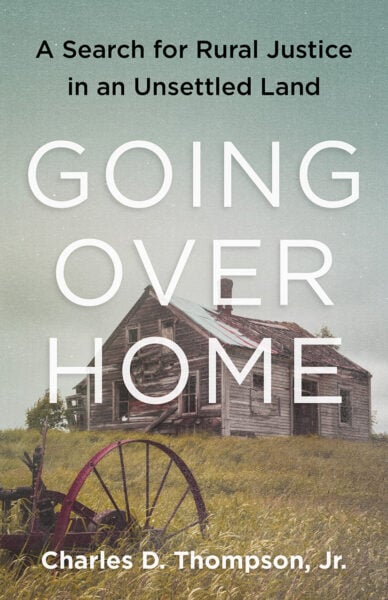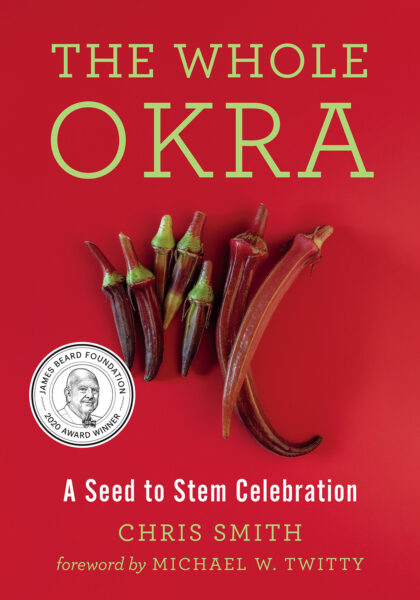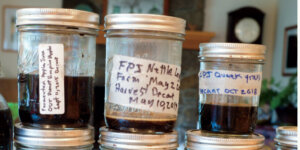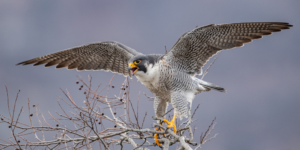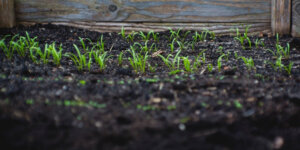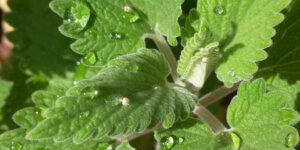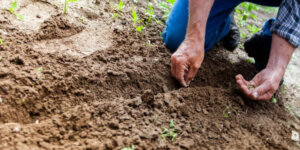NOFA-VT 38th Annual Winter Conference: Celebrating Our Interdependence
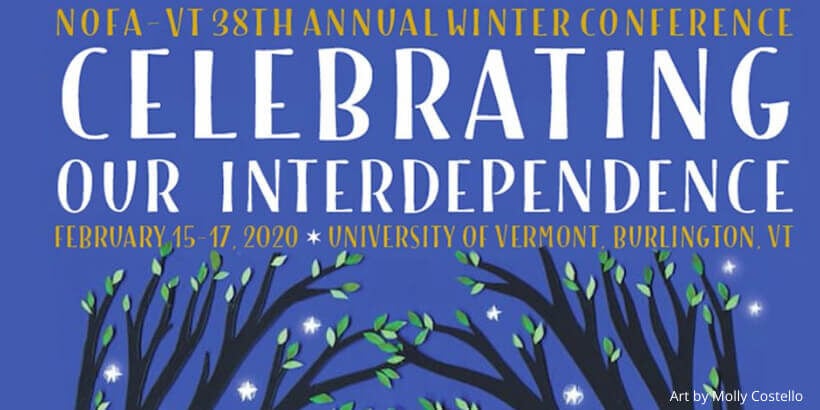
NOFA-VT seeks to convene, to reunite, to connect, and to imagine how we might come together to build a food system for the future. This February 15-17th join NOFA-VT and several of our authors for the 38th Annual Winter Conference at the University of Vermont.
Each year, the NOFA-VT Winter Conference provides a valuable opportunity for farmers, homesteaders, gardeners, land managers, educators, producers, and other food-system activists to participate in our vibrant organic community by sharing ideas, resources, and skills and celebrate all we are making happen together.
Get ready for the weekend! We hope to see you there.
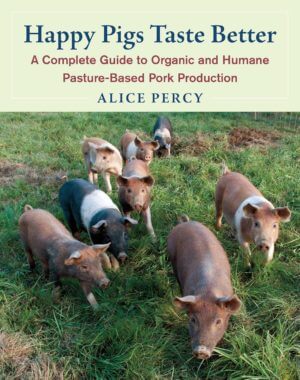 |
In Happy Pigs Taste Better Percy offers a comprehensive look at raising organic, pasture-fed, gourmet meat. She advises readers on pasturing and feeding hogs organically, as well as managing the breeding herd and administering effective natural healthcare. In addition, she provides an overview of marketing and distribution for those looking to turn their hog farming operation into a lucrative business.
Featured Excerpts: Happy Pigs Really Do Taste Better |
Recent Articles
Everyone loves a refreshing, fermented, nutritious drink…even your garden! Take your fermentation skills out of the kitchen and into the garden by brewing fermented plant juice. The following is an excerpt from The Regenerative Grower’s Guide to Garden Amendments by Nigel Palmer. It has been adapted for the web. How to Make Fermented Plant Juice Fermented…
Read MorePeregrine falcons, while known as predators, are essential to our environment. These stunning birds have a rich history, an interesting present, and an uncertain future. The following is an excerpt from Feather Trails by Sophie A. H. Osborn. It has been adapted for the web. Who Are Peregrine Falcons? Though relatively uncommon wherever it occurs,…
Read MoreWant to see your crops thrive this upcoming growing season? The key is in soil fertility and health. Spend time maintaining your soil’s health to guarantee bigger and better crops come harvest time! The following is an excerpt from No-Till Intensive Vegetable Culture by Bryan O’Hara. It has been adapted for the web. What Is Soil Fertility?…
Read MoreMany know the effects of catnip on our feline friends, but few realize that catnip has medicinal effects for humans. From stomach aches to reducing fevers, catnip is a versatile herb with many benefits. The next time you grow this plant for your cat you may end up taking a few cuttings for yourself! The…
Read MoreIt’s time to take control of your seeds and become a plant breeder! Saving your seed allows you to grow and best traditional & regional varieties, and develop more of your own. The following excerpt is from Breed Your Own Vegetable Varieties by Carol Deppe. It has been adapted for the web. Becoming A Plant…
Read More

